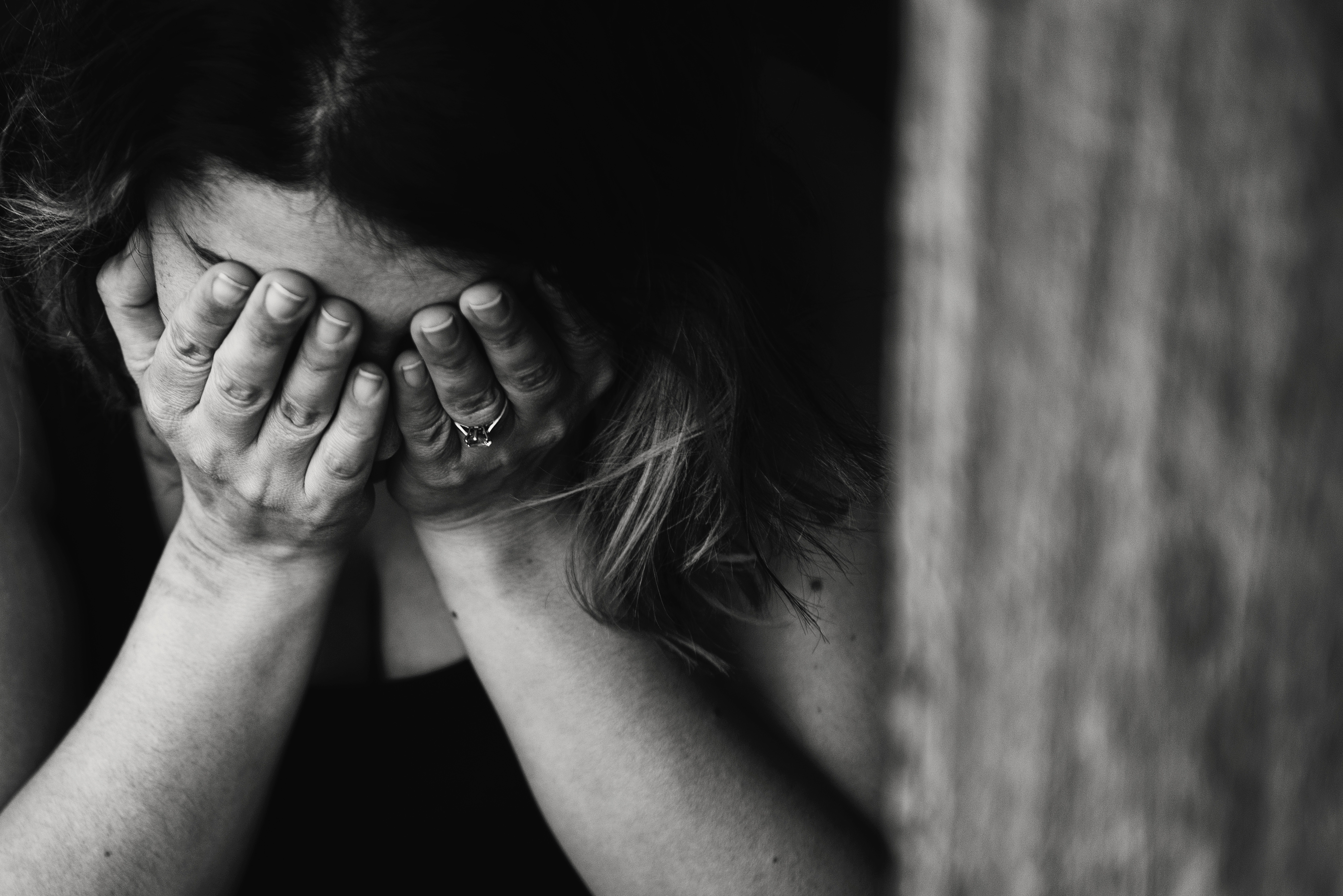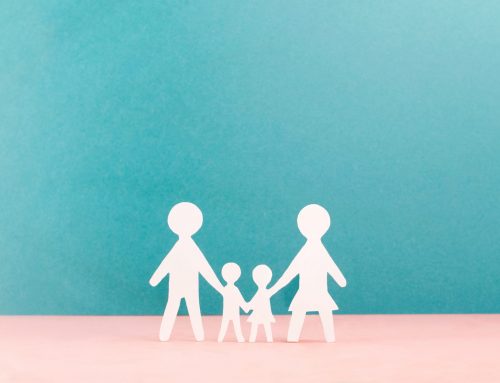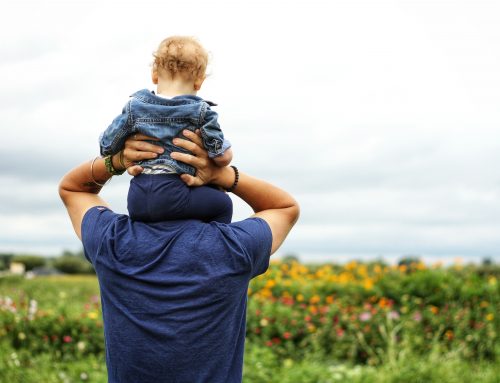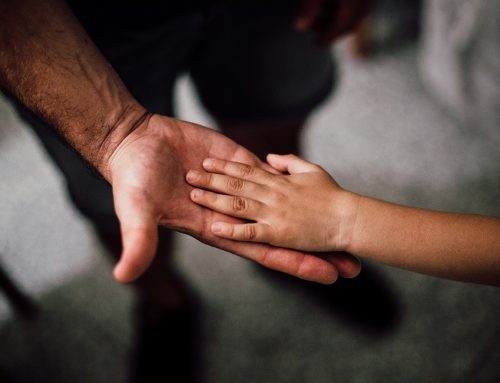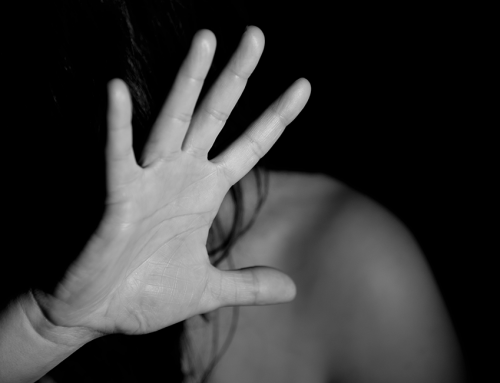By Aida Rojas
Thanks to the tireless efforts of activists and people speaking out about their own abuse, the topic of domestic violence have become an easier one to talk about. Slowly, most people seem to be adopting the view that physical violence in a relationship is never OK.
But while it’s easy to point to a black eye or a bruise as an obvious warning alarm to leave, abuse that leaves no visible marks is much, much trickier to understand. You may have heard the term “emotional abuse”, and a quick internet search will turn up dozens of lists of “warning signs” you need to watch out for.
These lists are great – they count the many ways you may be degraded, dominated, belittled, called names, disrespected, shamed or second-guessed. Your emotional abuser may violate your boundaries, put you down or make ridiculous demands of you.
But this article is not going to give you a list of behaviors that mean you are definitely being emotionally abused. Why? Because emotional abuse is subtle and evades definition. The trouble with lists is that they don’t really show the full range and complexity of most people’s relationships, the many shades of grey in between OK and not OK. They are just too simplistic.
Take, for example, criticism. Being constructively told by someone else that something you’re doing needs work or could be better is not emotional abuse; however, an emotional abuser will use criticism as part of his/her control over somebody. How are we to know which criticism is helpful to us and which counts as abuse?
This is why I think you need to know only one thing when it comes to protecting your mental health from an emotional abuser: trust yourself.
Many articles about emotional abuse focus on what the supposed abuser does. But this merely encourages the already imbalanced dynamic between you. Rather, forget about the other person for a moment and concentrate on what you feel.
People who are prone to entering into destructive relationships or who have been worn down over time by an abusive partner may lack self-esteem. The problem is twofold: they have paired up with a partner who disrespects their personhood, but they also have trouble with defending that personhood. In other words, their sense of self is weakened and compromised.
Since it’s useless to try to control others’ behavior, your best bet is to focus on your own part in the dynamic. Now, nobody would suggest that people who are emotionally abused deserve it; instead, the best thing someone who suspects emotional abuse can do for themselves is to turn inward and learn to listen to themselves first.
Often, people in these situations know, deep down, that something is very wrong. They feel it in their bodies, they feel shame and doubt, they start to hate themselves, they are permanently stressed and depressed, but they ignore their own intuition telling them that something is wrong. Part of emotional abuse is having this very sense of self-worth deconstructed.
But no matter how long you may have endured an abusive situation, and no matter how unsure you are (“Maybe it’s just me. Maybe I’m really the problem”) you always have that seed of self-worth inside you. Learning to draw on that will be your first step to getting out of the relationship and on your way to healing.
If you are reading this, there is a strong chance you have experienced emotionally abusive behavior from someone close to you. Is it emotional abuse? Nobody can tell you. But, if you take a moment to quietly ask yourself this, truly ask your deepest self if this relationship you are in is for your own best interests, you may already know the answer.
You may have been told that you are useless, or crazy. Your partner may have even denied that he/she is abusing you. Trust yourself anyway. There is strength in you, and when you ask yourself if what you are experiencing is acceptable, trust what that strength tells you, no matter how small and quiet the voice may be at first.
